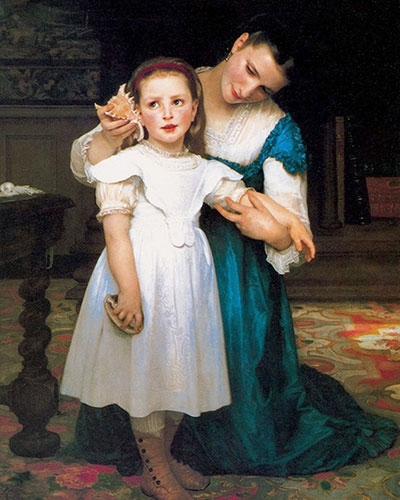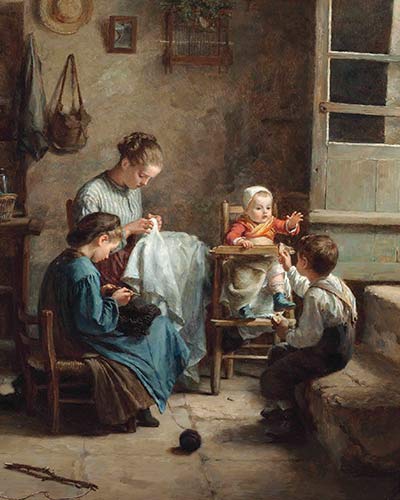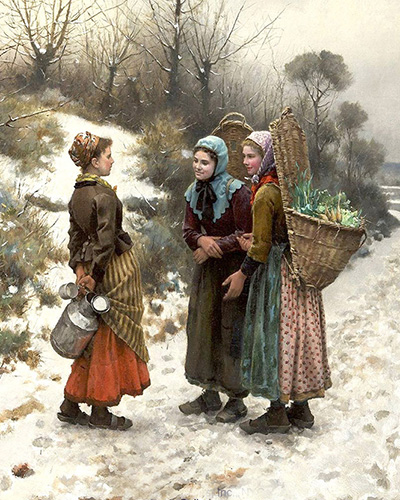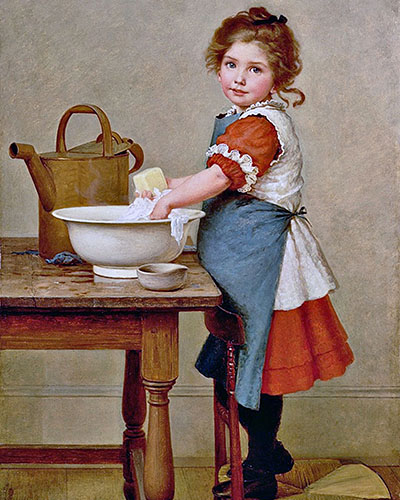This week a podcast title caught my eye because it had the word “shame” in it. We don’t see the concept of shame discussed much any longer. In the past, people would say, “Have you no shame?” and “You should be ashamed of yourself.” When was the last time you heard someone say that or even used those terms yourself?
Shame caught my eye because according to the book The Fourth Turning the primary social motivator in the First Turning will be shame. During the Fourth Turning in which we have been living the primary social motivator has been stigma. We’ve clearly seen how that has played out over the past few years with the rise of cancel culture.
However, I think we’ve turned the corner on stigma. There is a steadily increasing number of Americans who no longer care about the stigma of not agreeing with insane ideas that defy reality. Once that reaches a tipping point, the culture will rapidly change.
What is shame? Here are a few definitions from a brief search.
Shame can be defined as a feeling of embarrassment or humiliation that arises in relation to the perception of having done something dishonorable, immoral, or improper. What Is Shame?
Shame is a painful feeling that’s a mix of regret, self-hate, and dishonor. A good person would feel shame if they cheated on a test or did something mean to a friend. Shame
The podcast I mentioned above spoke of an article at First Things by Carl R. Trueman. Trueman wrote this week in A Society Ashamed of Shame about the new controversial Adidas sports bra campaign that features twenty-five naked breasts. The article is short and worth your time. He wrote:
Modesty, in an odd inversion, is now seen as shameful, unnatural, and a stigma, no less. This makes sense at a cultural level. Performance, not formation, is now the order of the day, with YouTube and TikTok being far more important to self-image and self-understanding than families, schools, or nations. In such a world, reticence and self-restraint are seen as deformations of the person, not appropriate realizations of the same.
The steady return of shame and modesty to the cultural discussion will be strong signals that we’re approaching the First Turning. It might seem like we can never get to that point again as a culture, but we will. Will some resist it? Of course. But most people do not want to live in a culture that lacks moral restraint. We’ve seen what happens when that is the case. Many people might not speak openly out of fear of retribution, but they will be the first ones to quietly sigh with relief when they (and their children) no longer have to be surrounded by vulgarity and immodesty everywhere they look.

Along with the return of shame will come a renewed call to modesty. With a move toward modesty will come discussions of beauty. There will be some who will shriek with outrage that concepts such as these are being revived. I think those shrieks will fail to move most people after all we have lived through in recent years. Can ideas of shame and modesty be abused? Yes. But to reject them out of hand as not useful in our culture is missing the bigger picture of what our culture needs to be healthy. Anything goes doesn’t work and we have at least two damaged generations of kids and young adults to prove it.
As we move through these difficult days of the Fourth Turning, may we each deliberately do our small part each day to move our culture toward what is good, true, and beautiful.
Photos by A. L. and Gian Cescon on Unsplash















 Taking My Own Advice & Doing Real Things
Taking My Own Advice & Doing Real Things
Leave a Reply